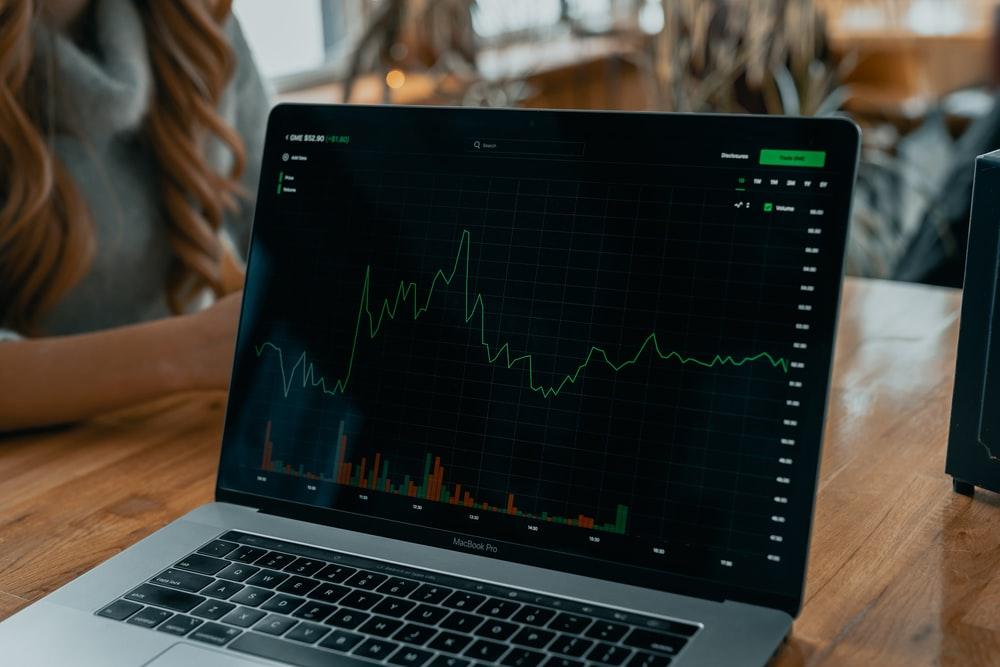What is foreign exchange fraud in the UK? It is the use of trading schemes to defraud currency traders by convincing them that they can expect relatively high-profit gains with foreign exchange market trading. Thus, being charged with such fraud can have significant penalties, so it’s important to be aware of this type of fraud and to know what you can do if you or your company is ever charged with this crime. This article discusses various aspects of this type of fraud.
What You Must Know About the Regulative Bodies Regarding Foreign Exchange Fraud
Foreign exchange fraud in the UK, also known as forex trading fraud, is managed by two organisations. The Serious Fraud Office (SFO) and the Financial Conduct Authority (FCA). Thus, the SFO investigates and prosecutes the most serious fraud allegations, which also include forex trading fraud. The FCA regulates financial services and other companies that are designated to prevent fraud. While these organisations are the primary operators, they do work with various local and international organisations that help manage fraud prevention during foreign exchange trading.
What Are Foreign Exchange Fraud Offences in the UK?
Here are some examples of forex trading fraud in the UK. This is not exhaustive, but it highlights the specific laws that each of these offences goes against.
The Theft Act 1968 ensures that you are committing an offence if you perform the following actions dishonestly to ensure your own gain or loss to another party.
- Use misleading or false data while providing another party with important information
- Falsifying, concealing, or destroying documents that are relevant to accounting processes
The Fraud Act 2006 is a piece of legislation that pertains to general fraud offences. These offences also can involve those that ensure your own gain or loss to another party (or even pose a risk of loss). Thus, if you perform any of the following for said gain or loss, you will be charged with fraud.
- Not sharing required information even when prompted to do so
- Making false representations
- Abusing one’s position of trust that can affect the financial interests of other parties
What to Do If You or Your Business Is Charged with Foreign Exchange Fraud Offences
Forex trading fraud offences can have two types of penalties: civil penalties and criminal penalties. The basis on which the crime was committed will affect the type of penalties faced.
Civil penalties can be less severe than criminal penalties. With the former, the convicted may have to pay fines, return any money collected through fraudulent activities, and be banned from engaging with forex trading. Criminal penalties can result in unlimited penalties and imprisonment.
Thus, it is imperative that you hire solicitors that specialise in foreign exchange fraud in the UK if you are convicted of these offences. Solicitors can offer you the correct guidance and advice in such cases and develop effective defence strategies.


